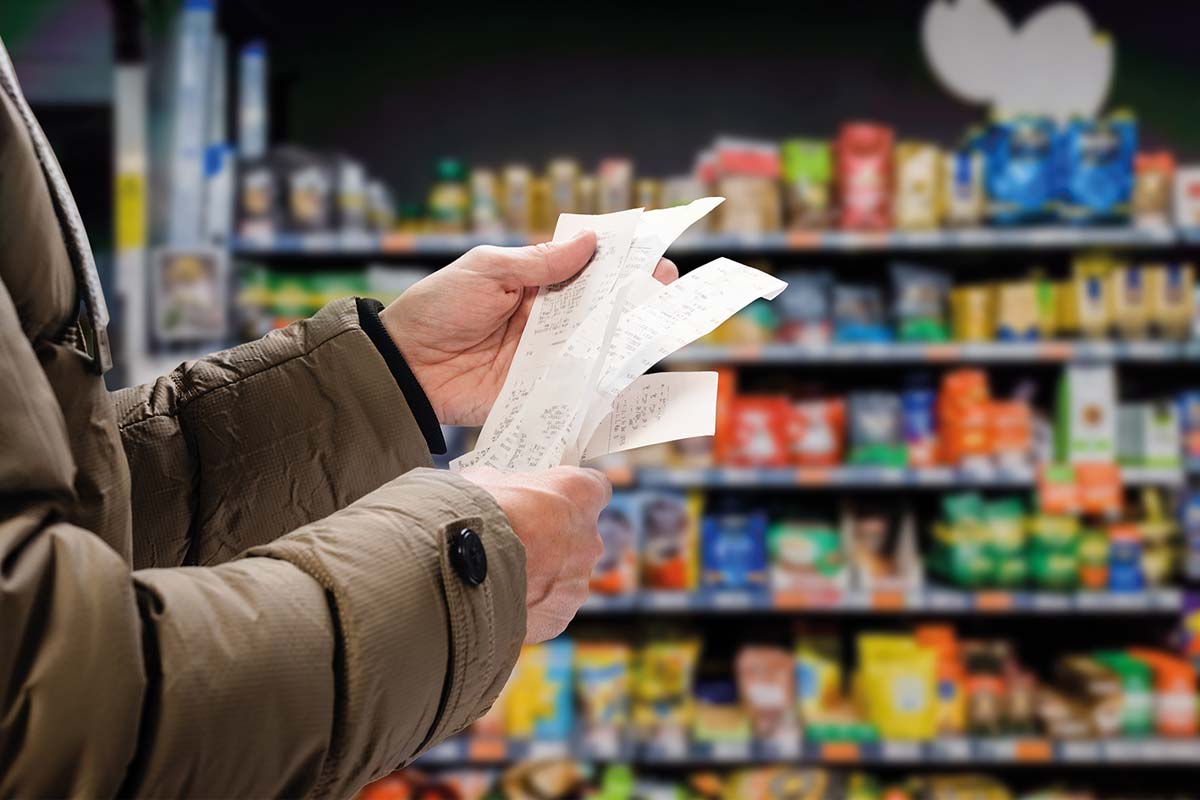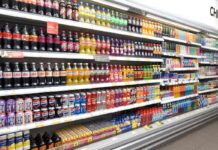ONS data reports a continued decline for food & drink

THE Office for National Statistics (ONS) has reported that inflation has sustained at 4.2% for the 12 months to January 2024.
This marks no monthly change from December as the ONS outlines both food & non-alcoholic drinks and alcohol & tobacco as major drivers for this.
According to the CPIH index, while both categories showed percentage declines from December, food and non-alcoholic beverages sat at 7% in January 2024 with alcohol and tobacco products at a staggering 12.2%.
However, there was some good news to be found in that this marked the tenth consecutive month that food inflation has been in decline and is the lowest rate reported by the ONS since April 2022.
And this fall in food inflation is thought to have countered an overall rise to inflation due to an increase in energy costs.
Balwinder Dhoot, director of sustainability and growth at The Food and Drink Federation, said: “It’s encouraging to see a decline in food and drink inflation to 7% in January. Any reduction is important to households struggling to afford higher food bills, and for businesses who are paying higher salaries at a time when they are continuing to streamline production costs to deliver competitive prices for shoppers.
“Unpredictable weather patterns persistently impact agricultural yields. Ongoing navigation challenges in the Red Sea, coupled with rising shipping costs, may soon exert pressure on energy prices, and, therefore, on food prices, given the energy-intensive nature of the food and drink industry.
“The extent of this impact hinges on the duration of ship diversions from the Suez Canal and any escalations in the Middle East. We are also seeing increased regulatory costs being put on industry by government.
“To support food and drink manufacturers and help hard pressed shoppers, the government must reduce unnecessary regulatory burdens and urgently reassess costly ‘not for EU’ labelling requirements for food sold in Great Britain.”

















